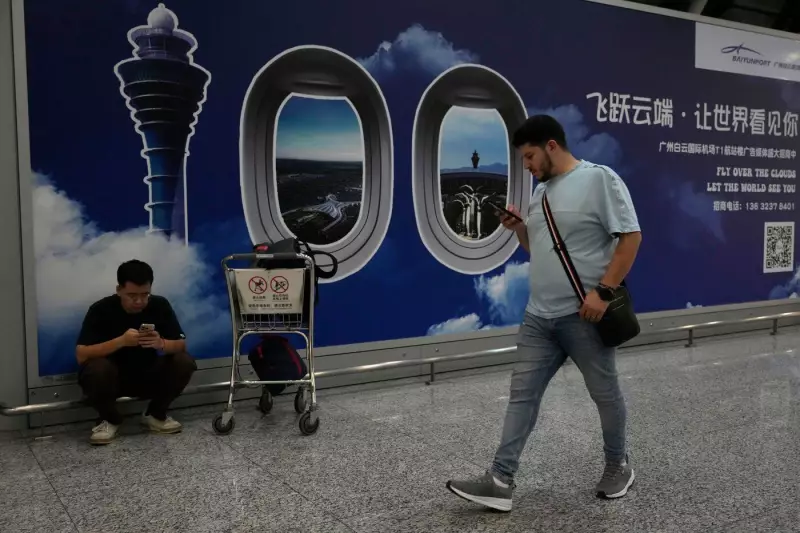
China Enters Global Talent Competition with New Tech Visa
In a strategic move to bolster its technology sector, China has officially launched its own version of the popular H-1B visa program aimed at attracting foreign tech professionals. The announcement came on November 10, 2025, marking a significant development in the global competition for skilled technology workers.
Details of China's New Immigration Initiative
The new Chinese visa program mirrors key aspects of the United States' H-1B system, which has long been a primary pathway for technology professionals seeking employment abroad. While specific eligibility criteria and quota details remain under development, the program represents China's most direct attempt yet to compete with Western nations for top technical talent.
This initiative comes at a time when global technology companies are increasingly looking beyond traditional talent hubs. The program signals China's recognition that attracting international expertise is crucial for maintaining its competitive edge in emerging technologies including artificial intelligence, quantum computing, and semiconductor development.
Implications for Canada's Tech Sector
For Canada, which has positioned itself as a welcoming destination for tech talent through programs like the Global Talent Stream, China's new visa program introduces additional competition in the international recruitment landscape. Canadian technology companies and immigration policymakers may need to reassess their strategies to ensure they remain attractive to the world's best technical minds.
The timing of China's announcement is particularly noteworthy given ongoing geopolitical tensions and shifting global supply chains. As nations worldwide grapple with technology workforce shortages, this development could accelerate similar initiatives in other countries seeking to secure their technological futures.
Industry analysts suggest that China's move might prompt Canada to further streamline its own immigration processes for tech workers or enhance incentives to maintain its competitive position in the global talent marketplace.





